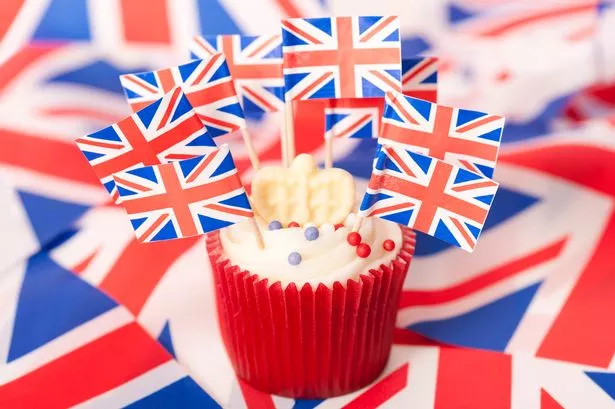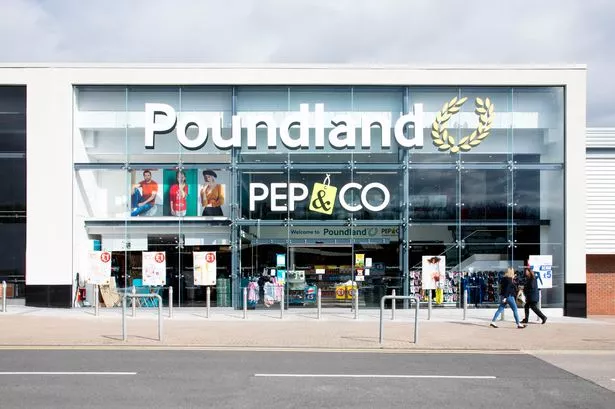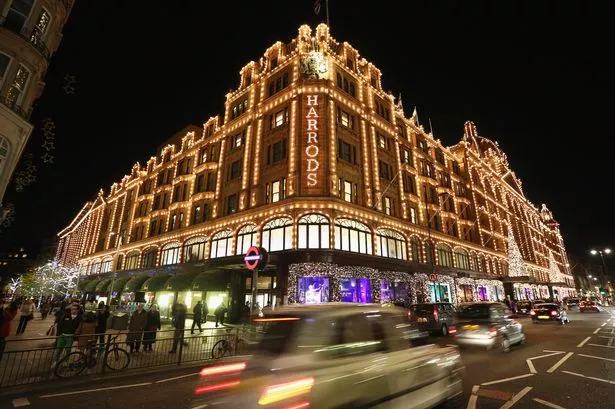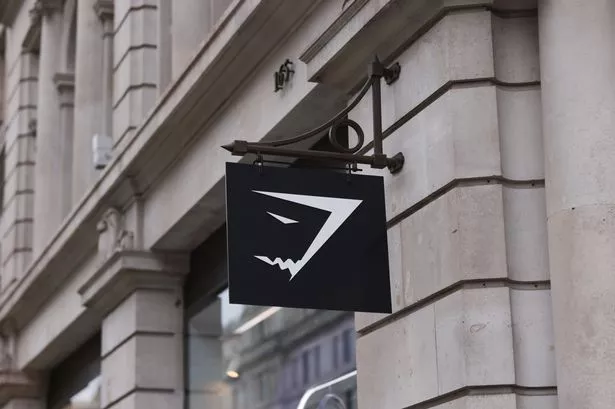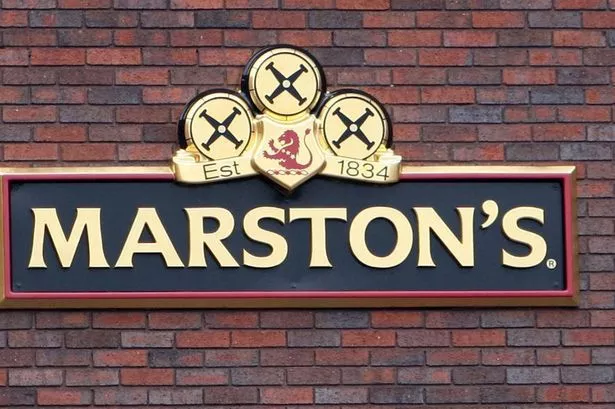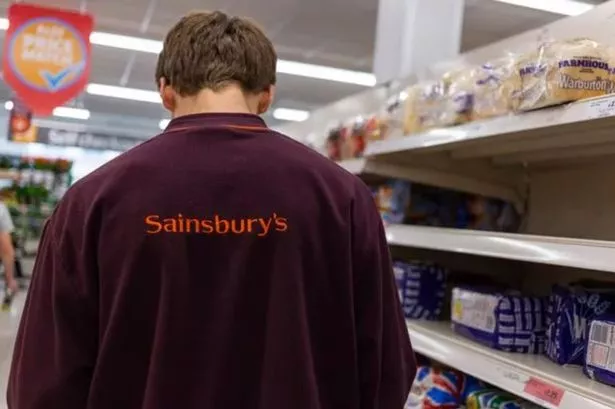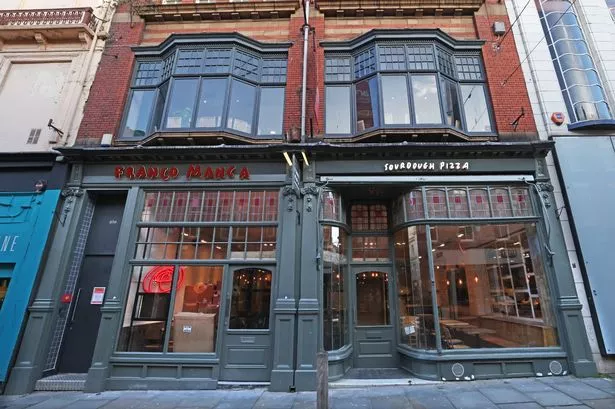Poundland owner Pepco reports £458.7m loss amid declining UK sales
Pepco, the discount retail giant and owner of Poundland, has reported a loss exceeding £450m following a weak performance from its UK subsidiary, Poundland. The European group revealed a pre-tax loss of €554m (£458.7m) for the year ending 30 September 2024, a stark contrast to the profit of €159m (£131.6m) it made in the previous year.
This loss was largely due to a non-cash impairment charge of €775m (£641.8m) booked for Poundland after a significant drop in performance. The UK brand's like-for-like sales fell by 3.6% over the year, and its profit outlook weakened amid rising competition and costs, as reported by City AM.
Non-executive chairman Andy Bond expressed renewed confidence in the future, stating: "I am proud of the progress we have made over the last 12 months."
He added: "We grew underlying EBITDA by a quarter to €944m across the group, ahead of expectations, with a strong recovery in gross margin of almost 400 basis points, driven by the performance of our core Pepco brand."
He concluded by outlining the objectives achieved during the year, which included rebuilding Pepco’s profitability in its core Central and Eastern European (CEE) market, recovering gross margin, adopting a more disciplined approach to investment, reviewing underperforming areas of the business, and delivering stronger cash generation.
"We have delivered on these objectives, but there remains more to achieve."
"As a result of renewed confidence in our future, we are announcing an inaugural full year dividend for the Group."
"I am pleased to have handed the reins of the business over to our new CEO, Stephan Borchert, effective 1 October, 2024."
"Stephan brings a wealth of experience in retail businesses internationally alongside a strong track record of delivering results, and I look forward to working with him as he leads this business to future success."
Despite the pre-tax loss, Pepco Group pointed to its record underlying EBITDA (earnings before interest, taxes, depreciation and amortisation) for the year which rose by 25.2 per cent to €944m.
It also announced an inaugural full-year dividend "reflecting the group’s free cash generation, strong balance sheet and increasing confidence in its outlook".
Chief executive Stephan Borchert added: "Pepco Group has very attractive, market-leading retail businesses, providing great product range, value and convenience to over 60m customers each month across Europe. ".
"Within the group, I see the Pepco concept itself as our key engine for future strategic and financial growth, particularly in Pepco’s CEE heartland."
"Pepco generates the vast majority of the group’s earnings and our highest returns on capital – we plan to further build on that strong base."
"In the year ahead, our core focus at Pepco will be to deliver improved like-for-like revenues."
"Pepco’s like-for-like performance has been positive since the start of September – an encouraging start."
"At Poundland, recent performance has been very challenging, impacted by declines in clothing and general merchandise following the transition to Pepco-sourced product ranges at the start of the year."
"We are taking swift action to get Poundland performance back on track, focusing on a return to Poundland’s strengths. " "We will also closely evaluate Poundland’s overall competitive positioning and requirements for future success as an FMCG-led format."
"We will provide further updates on Poundland during the first half of 2025. " "I am excited to join Pepco Group at this important stage in its evolution toward a company focused on targeted new-store expansion, higher capital returns, and growing earnings and free cash flow."


